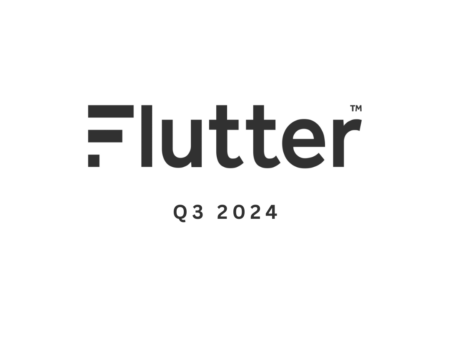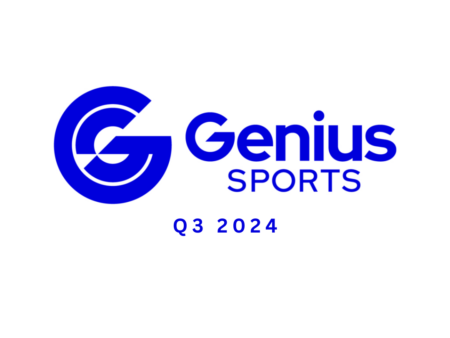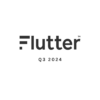A recent investigation has uncovered that 50% of Premier League football clubs are not adhering to their voluntary code of conduct concerning gambling advertisements aimed at or featuring minors. This revelation raises significant concerns about the integrity of football clubs in promoting responsible gambling practices, particularly regarding young and vulnerable audiences.
Background of the Code and Its Purpose
The code in question was developed in collaboration with the Betting and Gaming Council (BGC). Its primary objective is to promote responsible behavior among clubs and gambling companies amidst increasing worries about the influence of betting on football on children and adolescents. As the gambling industry continues to grow, ensuring that clubs do not exploit their young fans has become a pressing concern.
Extent of Non-Compliance Among Clubs
The review conducted revealed that 10 out of the 20 Premier League clubs displayed gambling logos or links on websites intended for or featuring individuals under the age of 18. These instances include pages in club shops targeting children, content specifically related to under-18 football, and sections dedicated to junior fan forums and mascots. This level of non-compliance highlights a troubling trend within the league that requires immediate attention.
Instances of Underage Players in Betting Promotions
In an alarming finding, certain clubs have featured underage players wearing jerseys emblazoned with betting logos, which contravenes the regulations that prohibit such promotions during league matches. This practice raises ethical questions about the clubs’ responsibilities in protecting their young fans from gambling influences.
Examples of Specific Clubs Violating the Code
Notable examples of clubs that have violated this code include Brentford and Wolverhampton Wanderers, both of which displayed betting logos in the children’s sections of their online merchandise shops. These violations not only undermine the intended purpose of the code but also contribute to normalizing gambling among youth.
Linking to Betting Sponsors from Youth Pages
Additionally, several clubs, including Liverpool, Chelsea, and Leicester City, were found to link to betting sponsors from pages dedicated to under-18 football. This practice is particularly concerning, as it directly exposes minors to gambling promotions and advertisements, further complicating the efforts to mitigate the influence of gambling in sports.
Clubs’ Response to Investigative Findings
Following inquiries into these practices, numerous clubs removed the problematic links and images from their websites. However, some issues persist; for instance, Newcastle United’s website continues to link to betting sponsors on its youth academy pages, demonstrating the need for ongoing oversight and accountability.
Concerns Over Self-Regulation Effectiveness
The findings of this investigation have raised alarms regarding the effectiveness of self-regulation within the industry. Campaigners, including former ITV commentator Clive Tyldesley, have expressed skepticism, stating, “I’d like to say that I’m surprised, but I’m not. We are encountering more and more instances indicating that we cannot rely on operators, football clubs, and television channels to self-regulate.” This sentiment underscores the critical need for stricter regulations and enforcement mechanisms.
Premier League’s Commitment to Enforcing the Code
In response to these findings, the Premier League has asserted that it is actively working with clubs to ensure adherence to the code. The Independent Football Ombudsman has also been made available to address any unresolved complaints, emphasizing the league’s commitment to maintaining integrity and protecting vulnerable audiences.
Conclusion: The Investigation
The recent investigation into the non-compliance of Premier League clubs with their voluntary code of conduct regarding gambling advertisements raises significant concerns about the protection of minors in sports. As the pressure mounts for responsible gambling practices, clubs need to prioritize the welfare of their young fans and adhere to ethical standards. The Premier League’s commitment to enforcing the code will be crucial in shaping a safer environment for all stakeholders involved in the sport.
FAQs About Investigation Reveals Non-Compliance with Gambling Code Among Premier League Clubs
1. What recent investigation was conducted regarding Premier League clubs?
A recent investigation revealed that 50% of Premier League football clubs are not complying with their own voluntary code of conduct concerning gambling advertisements aimed at or featuring minors.
2. What is the purpose of the code of conduct developed for Premier League clubs?
The code, formulated in collaboration with the Betting and Gaming Council (BGC), aims to promote responsible behavior among clubs and gambling companies, addressing concerns about the influence of betting on young and vulnerable populations.
3. How many Premier League clubs were found to be non-compliant?
The investigation found that 10 out of the 20 Premier League clubs displayed gambling logos or links on webpages intended for individuals under the age of 18.
4. What types of webpages were identified as problematic in the investigation?
The problematic webpages included club shop pages targeting children, content related to under-18 football, and sections dedicated to junior fan forums and mascots.
5. Are there any specific examples of clubs violating the code?
Yes, clubs such as Brentford and Wolverhampton Wanderers were noted for displaying betting logos on children’s sections of their online merchandise shops.
6. What are the implications of featuring underage players in gambling promotions?
Certain clubs showcased underage players wearing jerseys with betting logos, which is not allowed during league matches. This raises ethical concerns about the clubs’ responsibilities in safeguarding young fans from gambling influences.
7. Which clubs were found linking to betting sponsors from under-18 football pages?
Clubs like Liverpool, Chelsea, and Leicester City were found to link to betting sponsors from pages related to under-18 football, further exposing minors to gambling advertisements.
8. How did clubs respond to the findings of the investigation?
Following inquiries, several clubs removed problematic links and images from their websites. However, issues persisted, such as Newcastle United continuing to link to betting sponsors on its youth academy pages.
9. What concerns have been raised about self-regulation in the industry?
Campaigners, including former ITV commentator Clive Tyldesley, expressed concerns about the effectiveness of self-regulation, stating that there are increasing instances showing that reliance on clubs and operators to self-regulate is not sufficient.
10. What actions is the Premier League taking in response to the investigation?
The Premier League has stated that it is working with clubs to enforce the code and has made the Independent Football Ombudsman available to address unresolved complaints, underscoring its commitment to protecting vulnerable audiences.


















